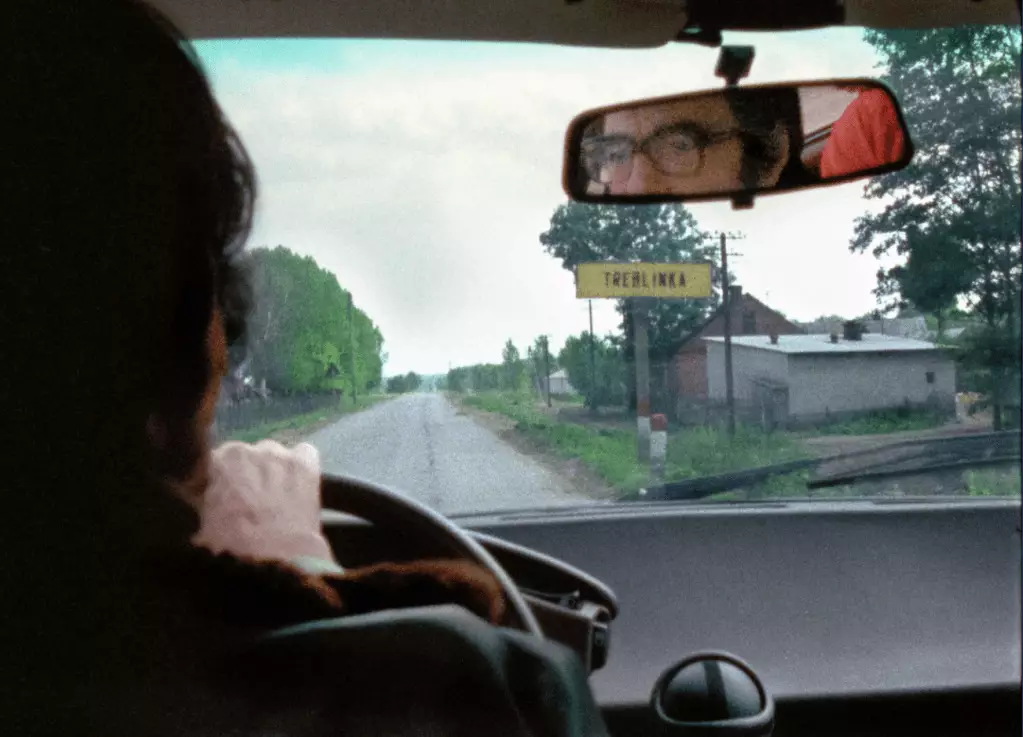In a remarkable nod to cinematic history, the Berlin Film Festival has chosen to spotlight Claude Lanzmann’s groundbreaking documentary, *Shoah*, which first graced screens four decades ago. Renowned for its nearly ten-hour runtime, this monumental work takes viewers through an intimate exploration of the Holocaust. Rather than employing historical footage, Lanzmann’s film utilizes an innovative format comprised mainly of interviews with survivors, bystanders, and even perpetrators from 14 different countries. This separation from conventional documentary style empowers *Shoah* to commune with the history of the Holocaust in a deeply personal and unfiltered manner, allowing voices silenced by time to reclaim their narratives.
The uniqueness of *Shoah* lies in its method; Lanzmann sought to “reincarnate” the Jewish tragedy by revisiting the very sites where the atrocities occurred. This approach strips away the layers of sensationalism often seen in historical documentaries, instead offering an emotional resonance that starkly underlines the memorialization of lost lives. The narrative progresses through chilling, unadulterated testimonies, establishing an atmosphere of reflection that transcends mere recollection. The film has been recognized by UNESCO for its crucial role in preserving memory, demonstrating how cinema can serve as both an artistic medium and an educational tool.
Coinciding with the anniversary of *Shoah*, a new documentary titled *All I Had Was Nothingness (Je n’avais que le néant)* has premiered at the festival, directed by Guillaume Ribot. This film aims to pay tribute to Lanzmann while also providing fresh insight into his documented journey. Ribot utilizes Lanzmann’s own words, drawn from memoirs and previously unseen film material, to further underline Lanzmann’s extraordinary dedication to unveiling unspoken truths. This fresh perspective challenges audiences to not only remember history but to engage in a dialogue regarding how it shapes our present and future.
In a poignant moment captured in Ribot’s film, neighbors of a suspected war criminal dismiss the need to confront their neighbor’s wartime actions, encapsulating the ongoing struggle to reckon with painful legacies. This dialogue mirrors contemporary discussions around accountability and collective memory, prompting a reevaluation of our responsibilities to past injustices. Lanzmann, who would have turned 100 this year, passed away in 2018, leaving behind a legacy that extends beyond *Shoah*. His final work, *Napalm*, about an unexpected love affair during a trip to North Korea, showcases his multifaceted approach to documenting human experience.
*Shoah* stands as a formidable benchmark in documentary filmmaking—both epic in scope and intimate in execution. As noted by the Berlin Film Festival, the film challenges traditional storytelling and pushes boundaries, uncovering hidden truths while redefining the genre itself. With new works like Ribot’s emerging, viewers are reminded of the importance of courageously facing historical atrocities, ensuring that their consequences echo through time. As we continue the dialogue initiated by *Shoah*, it is crucial to understand and appreciate the depth of trauma it represents and the enormity of human experiences it strives to preserve.

Leave a Reply